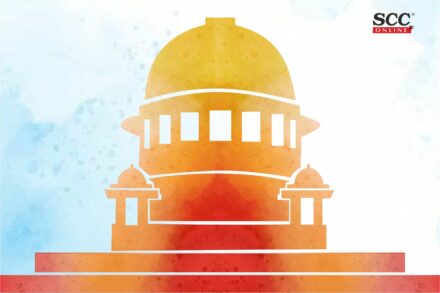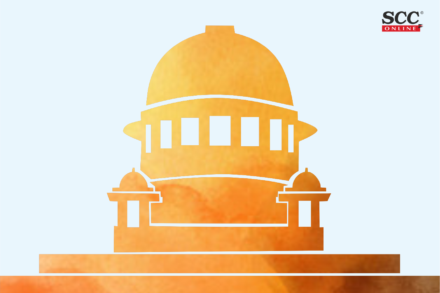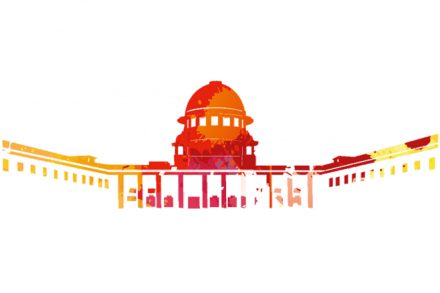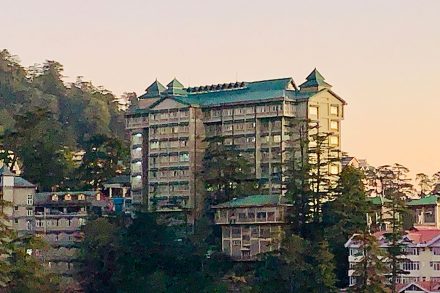
“To be ‘substantial’, a question of law must be…”. Supreme Court summarises principles relating to Section 100 CPC
Supreme Court: The bench of Indira Banerjee* and JK Maheshwari, JJ has explained that to be ‘substantial’, a question of law must

Supreme Court: The bench of Indira Banerjee* and JK Maheshwari, JJ has explained that to be ‘substantial’, a question of law must

“Giving reasons for the conclusion is necessary as it helps the adversely affected party to understand why his submissions were not accepted.”
Orissa High Court: D. Dash J. dismissed the second appeal being devoid of merits. The Appellant filed the instant appeal under Section

Supreme Court: A 3-Judge Bench of N.V. Ramana, CJI and A.S. Bopanna and Hrishikesh Roy, JJ. upheld the judgment of the Madras
Orissa High Court: D Dash J. dismissed the appeal and held the appellants liable for compensation. The facts of the case are
Chhattisgarh High Court: Sanjay K Agrawal J., allowed the appeal and condoned the delay while setting aside the impugned order. The facts

Supreme Court: The 3-judge bench of L. Nageswara Rao, Hemant Gupta* and Ajay Rastogi, JJ has held that the High Court is

Himachal Pradesh High Court: Jyotsna Rewal Dua J., dismissed the appeal on ground of impugned judgment/orders being devoid of any infirmity. The

Supreme Court: The bench of Navin Sinha and Indira Banerjee, JJ has held that when no substantial question of law is formulated,

Supreme Court: The Court, yet again, reminded the High Courts of the limitations under Section 100 CPC and said: “despite the catena